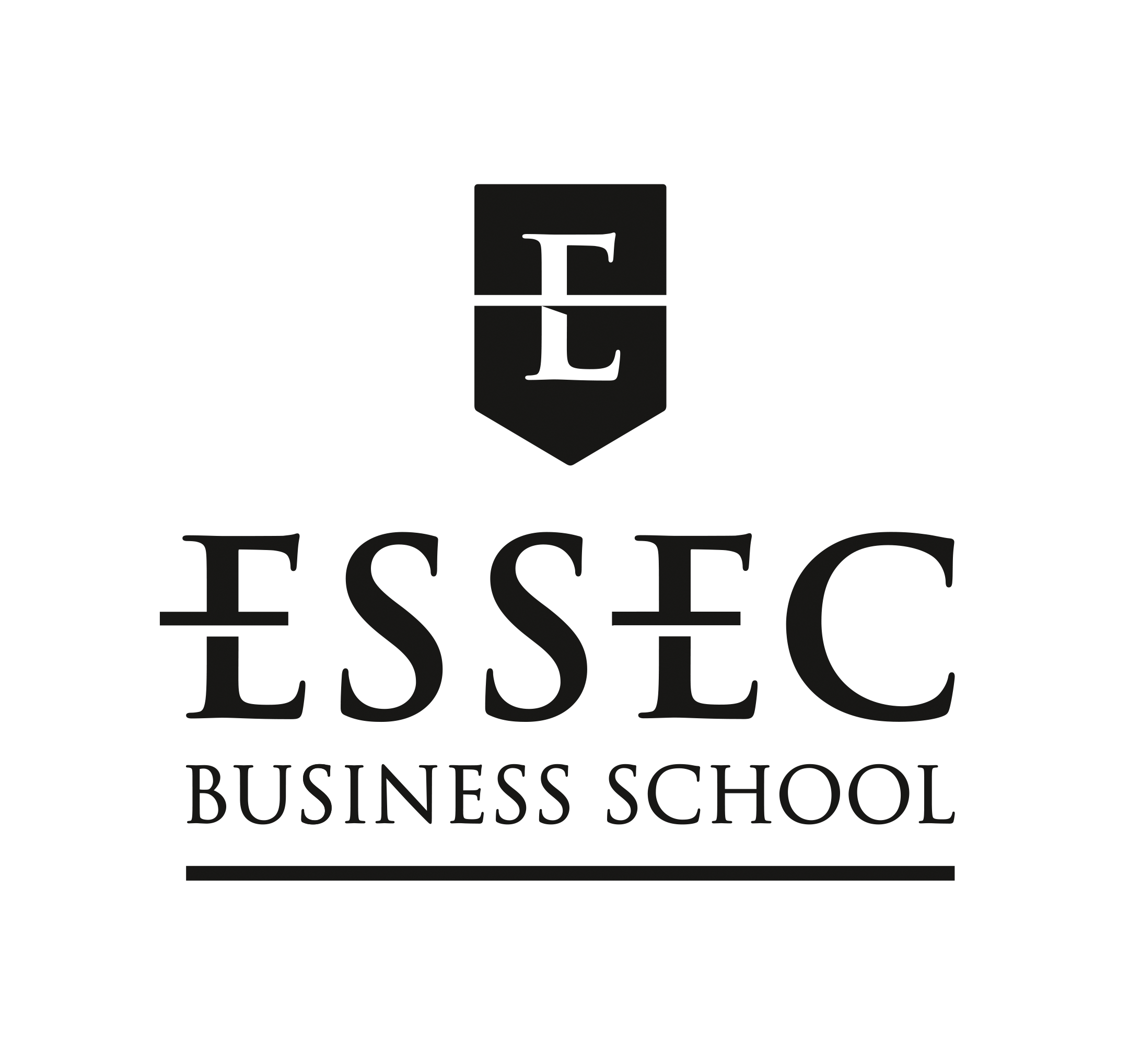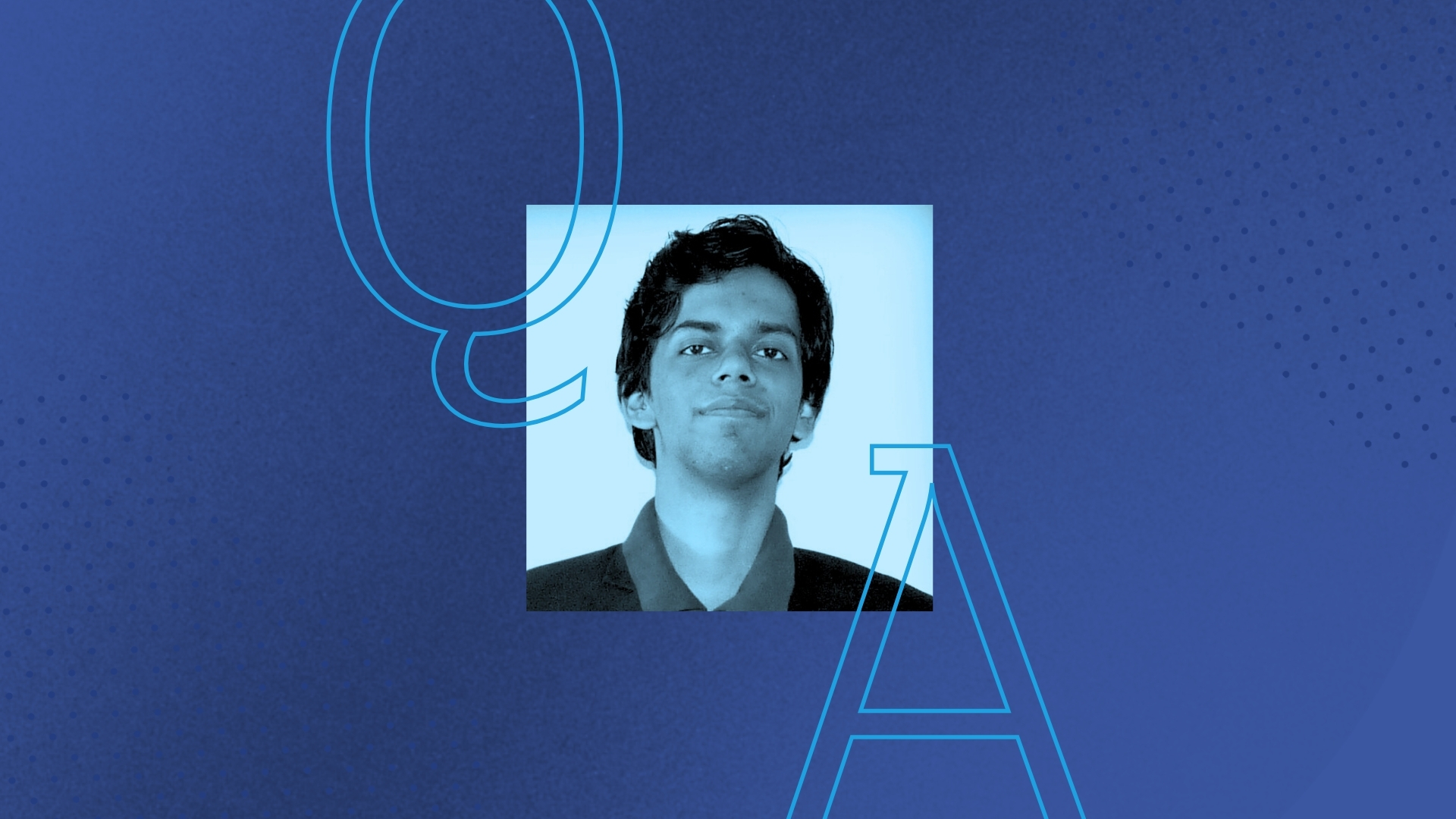Having followed the peaks and troughs of Indian financial markets closely, Aditya Athawale was drawn to how meaningful investment decisions can benefit companies, countries, and communities.
Upon graduation from Fergusson College in India with a Bachelor of Arts and a major in Economics, he set his sights on being part of the investment process by entering the competitive finance sector as an asset manager.
To bring himself closer to his goals, he joined the two-year ESSEC Master in Finance (MiF) program at ESSEC Asia-Pacific.
Mid-way through the program, he has already made his foray into finance work with an eight-month Financial Planning and Analysis (FP&A) internship at social e-commerce firm Supernova—an accomplishment he credits to the industry-focused training at ESSEC Asia-Pacific.
What made you choose the MiF program at ESSEC Asia-Pacific?
I felt that as Singapore is a significant financial hub, studying here would bring me close to the economic leaders of the emerging markets and be a good stepping stone towards my goal of working in asset management.
In addition, I valued that ESSEC APAC would allow me to take on an internship in Singapore. My internship experience thus far has given me a good understanding of how financial reports are prepared, which I believe will significantly help in a future investing role.
Overall, I think the professional exposure I’ve received is more significant than I would have had at another school in my home country.
Was it challenging to secure an internship?
Not really. Whenever I have applied for professional positions, I’ve never had to explain the status of the school or the quality of education.
Being part of such a coveted program enhanced my credibility as a promising finance professional.
Furthermore, the ESSEC career services and alumni network have helped me improve my application, enhance my interview skills, and even present me with several exclusive opportunities.
Tell us more about the career services support you’ve received.
Besides support with my resume, the career services also worked with me to refine the nuances in my interview skills.
Through regular guest talks, they also put students in contact with professionals from reputable finance institutions—many of whom I could see myself working with after hearing their discussions and presentations.
I believe these are excellent networking opportunities, and I have formed new connections in the finance sector, which will benefit me.
I’ve also found these sessions have helped me overcome my introverted tendencies.
These experiences and the fact that I’m part of such a diverse student body have enabled me to grow more comfortable interacting with people from all kinds of backgrounds.
Reflecting on the last year, how has your time at ESSEC been different from when you were an undergraduate?
The most significant difference is ESSEC’s emphasis on the natural world and its requirements. For example, the coursework relies heavily on real-world examples and case studies, which helps us understand how to apply our theoretical knowledge in an actual setting.
Also, from as early as the first assessment we had, I realized I was being graded based on my abilities and understanding, not the amount of information I could hold in memory—which was something my previous schools had prioritized.
I have always felt that knowledge should be measured not by how much you know but by what you can do with what you know, and the MiF program embodies this perfectly!
Advice for future ESSEC MiF students like yourself?
I remember that in my first month, attending the company talks and career coaching sessions while juggling the challenging coursework was a little overwhelming.
I advise you to persevere through these challenges and make the most of all the opportunities offered.
RELATED POSTS
MiF Student Emmanuelle Roussi: Global Journey from Engineering to Finance with ESSEC APAC
Follow Emmanuelle Roussi’s path from electrical engineering to finance, and how ESSEC Asia-Pacific supported her career transition.
MMD Student Vanessa Lai: From Global Paths to Purposeful Branding
Vanessa Lai’s MMD story on building global perspective in branding, fashion and the figure of luxury marketing.
From Law to Strategy: SMIB Student Mara Mittelman’s Global Business Journey in Singapore
ESSEC's Master in Strategy & Management of International Business Student Mara Mittelman from France shares how the program is a stepping stone to a…
GBBA Student Victoire Le Roy: A Journey of Leadership, Internships, and Marathons
French national Victorie Le Roy has fully embraced student life at the Asia-Pacific campus—from her role in the Student Council to her internship at…
GBBA Student Li Hanyu: Combining Classroom Knowledge and Real-World Experience
Discover how Li Hanyu is shaping her academic path at ESSEC with real-world experience at DIDI and an exciting exchange at NTU
GBBA Student Nithikasri Ravi: From Science to Business and Beyond
Attracted by ESSEC’s world-class education and focus on entrepreneurship, Nithikasri Ravi transitioned from a science background to pursue business…








